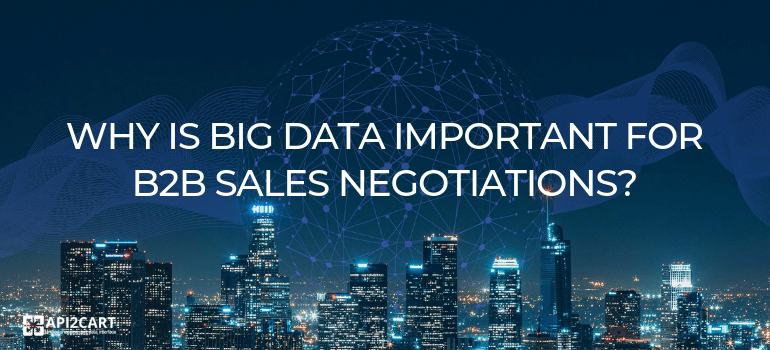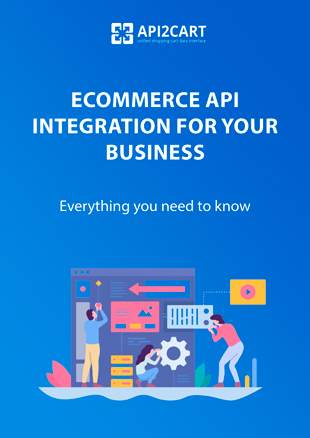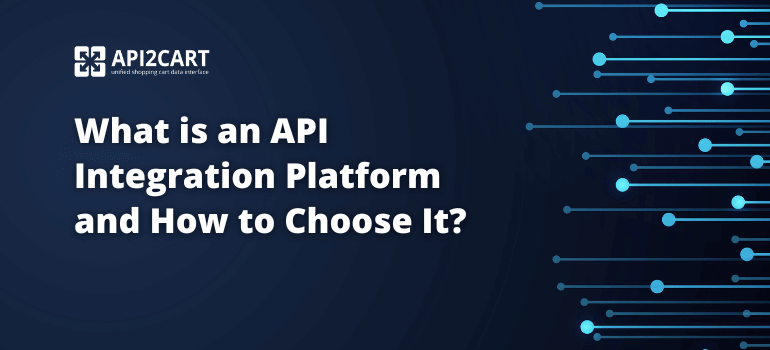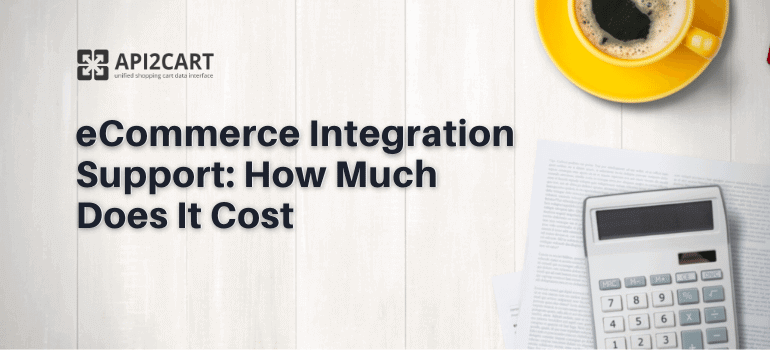
In the past, salespeople often relied on gut feeling to boost their sales. Technology has greatly changed how we do business, and today's businesses rely more on data-driven metrics. As a result, corporate salespeople with a solid business background are preferred to salespeople with great people skills.
So, why is big data important for B2B sales negotiations? Companies are now effectively utilizing big data coupled with the best sales and negotiation training to gain insights to promote products and services that lead to sales. Here are a few of the reasons why B2B companies are increasingly investing in big data to boost their sales and bottom line results.
Big Data Helps Identify New B2B Markets
When businesses collect and analyze data sets, the information gathered can reveal customer purchase trends and consumer behavior. B2B companies can host training classes for their salespeople to learn to apply the gathered insights. The data helps in identifying new markets and informs partnering decisions to fulfil consumer needs, which in turn can inform decision-making in negotiations.
For instance, when Facebook was just a budding social media site for connecting college kids, users started selling their products on their personal profiles. With big data analytics, Facebook realized that the company can allow users to create product or company pages independent of personal profiles. Currently, the social media giant hosts over 60 million company pages contributing to an ad income of over $16.6B
Big Data Enriches Competitor Analysis
Product managers have to stay on top of industry moves to increase sales, growth, and market share. For a B2B company, knowing what your competitors are up to enables your sales reps to position and price their offering better and increase their reach.
Big data helps B2B companies gather information about the competition's product features, target market, and sales tactics. With accurate competitor analysis, you can develop strategies to deal with:
Main Competitors
Develop products and sales strategies that outsell your main competitors.
Potential Competitors
Big data can help B2B companies identify competitors who are gaining traction and increasing market share. With this information, the B2B company can train its salespeople in strategies developed to satisfy overlapping consumer needs and find competitor weak points to boost sales negotiations.
Minor Competitors
Find out what other players in the industry are up to and develop strategies to encroach on alternative markets. The B2B company can develop alternative markets by product diversification.
Partners
B2B sales reps are often caught flat-footed when prospects ask not about your direct competitors but about the partners' competitors. With big data, sales reps develop a better understanding of how partners serve to drive sales.
Big Data Helps Drive Repeat B2B Sales
Businesses could previously thrive just by providing valuable customer experience. However, the competitive nature of today's business requires an enhanced customer satisfaction strategy.
Sales and marketing teams are increasingly training together in negotiation classes to develop and utilize big data recommendation systems. The goal is to not only attract new clients but also drive repeat sales. The most commonly known is Amazon's recommender system that uses a customer's viewing and purchase history to recommend additional products.
Recommender systems are not just for e-commerce businesses. Offline or brick and mortar entities can use collaborative filtering to suggest products for buyers.
For instance, if your B2C clients are shoe stores and past experience shows that buyers of black leather shoes commonly purchase shoe polish and a shoe brush, you might use this information to drive corresponding cross-sells. The same information can be used to recommend shoes in other colors, each color being combined with its brush and polish.
For a B2B salesperson, this targeted approach provides an opportunity to drive the wholesale sale of different colored shoes paired with corresponding brushes and polish.
Find New Distributors
As a supplier, partnering with strategic distributors can work to increase your sales. Big data can help identify distributors who are well positioned to move your product to the target market.
Other sales advantages a B2B company can aim to achieve by using big data to negotiate with distributors include:
- Quick product movement
- Wide customer base
- Better local-market understanding
- Focused B2C sales and marketing efforts
- Storage facilities
- Route to new markets
Conclusion
The continuous advances in data science are providing huge opportunities for B2B sales managers. Big data offers increased opportunities to achieve new insights on how to expand your customer base and increase customer satisfaction.
While most companies realize the need for gathering market-based data, many struggles with how to collect the data and, more so, how to use the collected data.
Once a B2B business learns to truly utilize big data analytics, the company begins to understand their target market better. Big data analytics enable B2B companies to find easier, more convenient ways to connect with their prospects, customize their sales pitch, boost their competitive advantage, and help drive repeat business. If you want to boost your B2B sales, use big data to maximize your market opportunities.
AUTHOR BIO
A skilled content creator and editor, Laura Jelen’s easy-reading, approachable pieces help bring important business and negotiation skillbuilding content to new audiences in an accessible way. With a degree in linguistics, Laura excels in creating her own engaging content, as well as shepherding others through the writing process to ensure they produce high-quality content.
If you are running any of eCommerce B2B software system and are interested in integrating your solution with multiple shopping carts and marketplaces, consider API2Cart. The service provides a unified API to connect to 35+ eCommerce platforms such as Magento, Shopify, BigCommerce, Prestashop, Amazon, and many more at once.
We also maintain all the connections so you will not need to worry about further upgrades when new versions of eCommerce platforms come out.
Schedule a call with our representative or try a free trial.



